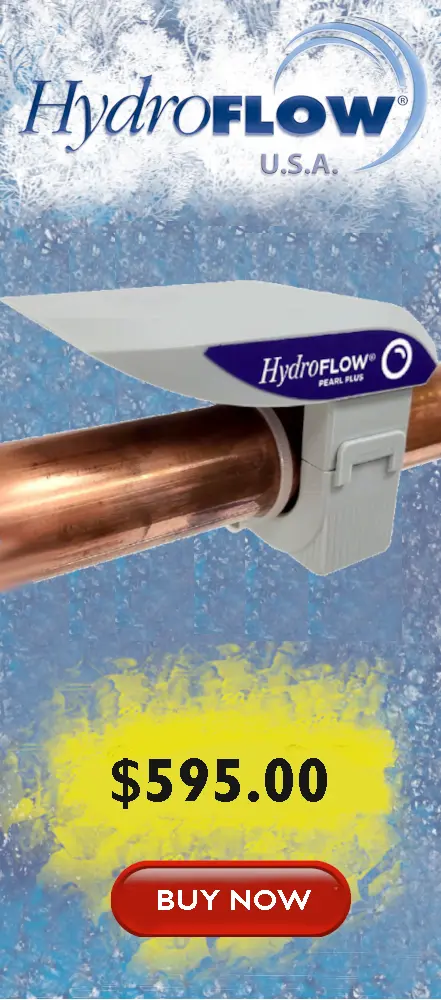
Oregon
Water Quality in the State of Oregon
Oregon is located on the West Coast of the United States, it is the twenty-seventh most populous and ninth-largest state in the United States. Oregon is one of the most geographically diverse states in the US; you can find volcanoes, abundant bodies of water, thick evergreen, mixed forests, high deserts and semi-arid shrublands.
Oregon is known for having plenty of water because of the major rivers that run through the state such as the Columbia, Willamette and Snake Rivers. Another water source is the Columbia River Basalt Group, which was formed by ancient lava flows and contains an extensive network of aquifers under northern Oregon. These aquifers serve as a primary residential water source for many communities and provide irrigation for agriculture. The city of Portland water supply comes from two main resources – The Bull Run watershed and the Columbia South Shore well field.
Water Hardness by City
Oregon has soft water with a state average hardness of 29 PPM. Portland, the most populous city, has a water hardness level of 12 PPM. Salem, the state capital, has 18 PPM which according to USGS water hardness measures is very soft.
For more information on water hardness in specific cities, please see table below.
PPM = Parts Per Million
mg/L = Milligrams Per Liter
gpg = Grains Per Gallon
Agriculture, Food Processing and Water Hardness
In Oregon, there are more than 250 diverse products grown and processed, from wheat to salmon. There are more than 38,500 farms, and Oregon products are sought all over the world due to their superior quality. Oregon’s top agricultural products include milk, nursery stock, hops, cattle and calves, berries, peppermint and Christmas trees.
Even though Oregon has moderately soft water, many farms and food processing plants can still experience issues related to scale buildup in their irrigators and equipment. In addition, contaminants polluting soil and waterways have increased greatly over the past few decades and there is a greater need for waste and chemical control. Many farmers are looking for eco-friendly solutions that can increase the quality and yield of their crops while saving water. Read more about how HydroFLOW can increase crop yield.
Solutions to your Water Quality Problems
Fixing your water quality issues in the state of Oregon will depend on your specific water source. It is best to test your potable water supply in order to get a better understanding of your water quality. Testing is relatively cheap. The test results will allow you to understand if your potable water has issues that need to be addressed. Common solutions to water contamination problems may include a water filtration system, a reverse osmosis system or other whole home water treatment solutions.
A problem that some Oregon residents will have to deal with is hard water. One old-fashioned, inefficient, expensive and unhealthy method to treat hard water is with a salt-based water softener. Most people don’t realize that if you’re using a water softener you are basically removing calcium and magnesium from your drinking water and adding salt to your diet. In addition, many states are banning the use of salt-based water softeners.
Alternative water treatment solutions such as “water conditioners” have been gaining popularity in recent years because they are cheap to operate and the best eco-friendly solution for hard water. Hydropath technology, which powers the HydroFLOW water conditioners is by far the most efficient and cost-effective eco-friendly solution to deal with hard water problems. To learn more about how HydroFLOW solves the problems created by hard water, please check out our technology page. You might want to read this blog that explains the difference between water conditioners and water softeners: Water Conditioner vs. Water Softener Blog.


